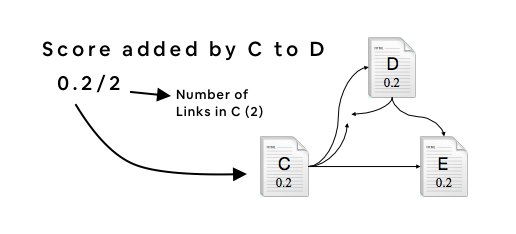OK, I may be guilty of a DoS attack attempt on mathematicians' brains here, so lest anyone waste too much precious brain time decoding this deliberately cryptic statement, let me do it for you. •1/15
\u2200x.\u2200y.((\u2200z.((z\u2208x) \u21d2 ((\u2200t.((t\u2208x) \u21d2 (t\u2208z) \u21d2 (t\u2208y)))) \u21d2 (z\u2208y))) \u21d2 (\u2200z.((z\u2208x) \u21d2 (z\u2208y))))
— Gro-Tsen (@gro_tsen) February 12, 2021
More from Maths
In light of my tweet thread about the category of finite sets and commutative monoids (https://t.co/jnY0wZZbxq), I thought I might try to say what the analogue is for braided monoidal things (although much of this is still somewhat hypothetical).
It's also just kind of a cool combinatorial structure! I've been talking to @CreeepyJoe about this lately, as well as @grassmannian.
The first thing you have to know is that, in a braided monoidal category you can still have commutative monoids. Since a braided monoidal category C has a "twist" map for every object β(x):x⊗x→x⊗x, if x is a monoid you can ask for the following diagram to commute:

Remember that being symmetric monoidal just means that if you take the twist map above and do it twice, you get the identity map, but braided monoidal doesn't mean that. But it's okay! You can still define commutative monoids here.
But so anyway, we can talk about commutative monoids in braided monoidal categories.
So okay, here's a thread on the category of finite sets and a way in which it controls algebraic structure in symmetric monoidal categories. I think it's some really pretty stuff.
— Jonathan Beardsley (@JBeardsleyMath) December 6, 2020
It's also just kind of a cool combinatorial structure! I've been talking to @CreeepyJoe about this lately, as well as @grassmannian.
The first thing you have to know is that, in a braided monoidal category you can still have commutative monoids. Since a braided monoidal category C has a "twist" map for every object β(x):x⊗x→x⊗x, if x is a monoid you can ask for the following diagram to commute:

Remember that being symmetric monoidal just means that if you take the twist map above and do it twice, you get the identity map, but braided monoidal doesn't mean that. But it's okay! You can still define commutative monoids here.
But so anyway, we can talk about commutative monoids in braided monoidal categories.
You May Also Like
A list of cool websites you might now know about
A thread 🧵
1) Learn Anything - Search tools for knowledge discovery that helps you understand any topic through the most efficient
2) Grad Speeches - Discover the best commencement speeches.
This website is made by me
3) What does the Internet Think - Find out what the internet thinks about anything
4) https://t.co/vuhT6jVItx - Send notes that will self-destruct after being read.
A thread 🧵
1) Learn Anything - Search tools for knowledge discovery that helps you understand any topic through the most efficient
2) Grad Speeches - Discover the best commencement speeches.
This website is made by me
3) What does the Internet Think - Find out what the internet thinks about anything
4) https://t.co/vuhT6jVItx - Send notes that will self-destruct after being read.




















